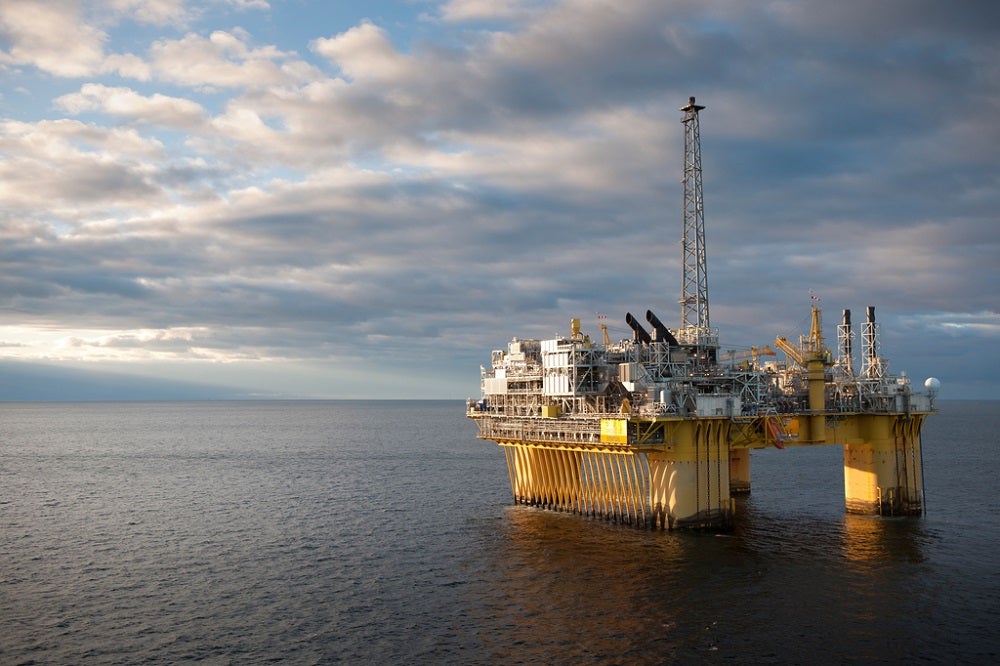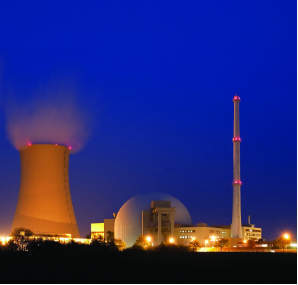
The North Sea has proved an abundant and lucrative source of hydrocarbons for decades, but few of the challenges overcome by oil and gas operators in that time will compare to the unique crisis facing the industry today.
Coronavirus-weakened global demand and a Saudi-Russian price war have joined forces in the past month to intensify market pressures on a sector already straining to adjust to the demands of a low-carbon energy transition – creating a three-pronged attack for North Sea operators to contend with as they seek to ensure their survival and ongoing viability.
Brent crude, the global benchmark which underpins the North Sea industry, has lost more than 60% of its value since the start of the year, and last week dipped to its lowest level in almost two decades.
Last week, UK oil and gas trade association (OGUK), which represents the country’s substantial North Sea interests, appealed for a government support package, warning the economic sustainability of the industry was in a “paper-thin position” amid the unfolding market turmoil.
Equinor, Norway’s state-backed oil major which controls vast production assets in the country’s North Sea operations, this week suspended its $5bn share buyback programme “until further notice” as it reacts to the challenge of plummeting oil prices, retreating demand and future uncertainty.
North Sea operators face $20bn decommissioning bill if oil crisis worsens
Despite the challenges presented by these unchartered waters, analysts believe the North Sea can survive this new price environment – at least in the short term.
Wood Mackenzie’s North Sea upstream principal analyst Neivan Boroujerdi says: “Cost reductions achieved during the last downturn [in 2014] mean 95% of onstream production is ‘in the money’ at $30 per barrel.
“But close to a quarter of fields will run at a loss in this price environment. The major concern here is not volumes. Early shut-ins would accelerate $20bn in decommissioning spend.”
The threat of stranded assets is ‘real’
Faced with this potential bill for decommissioning costs if operations become financially-unviable, the “quickest win” for companies to respond to falling commodity prices is to reduce operational spending, adds Boroujerdi.
Measures like Equinor’s share buyback suspension, as well as the announcements of capital expenditure cuts from the likes of Royal Dutch Shell and Total, can also be leveraged to protect financial stability as these firms enter survival mode.
These oil majors are expected to defer capital elsewhere, according to Wood Mackenzie, while the sector’s independent operators are likely to struggle to access finance for North Sea operations – particularly if banks accelerate the decarbonisation of their investment portfolios.
“Most financial investment decisions (FIDs) for 2020 are off the table,” Boroujerdi says. “At current prices, nearly two-thirds of development spend could be wiped from our forecast over the next five years.
“Annual investment in the UK could fall below $1bn as early as 2024. The threat of stranded assets is real – we estimate nearly six billion barrels of economically-viable resources could be left in the ground, not to mention a further 11 billion of contingent resources.”
For those that survive the crisis, the energy transition awaits
For Norway, which shares North Sea territory with the UK, the picture “isn’t quite as bleak”, although a prolonged spell of sub-$40 per barrel Brent crude prices will pose cashflow problems for the country’s offshore industry, which is heavily supported by “locally-focused players with strong balance sheets”.
Boroujerdi adds: “At a time when there is public pressure to move towards a ‘greener’ energy mix, it’s hard to see governments easing the fiscal terms.
“Long term, the energy transition needs to accelerate but there’s a risk of short-term stagnation. For the companies that survive, they will need to adapt to a greener future.”





